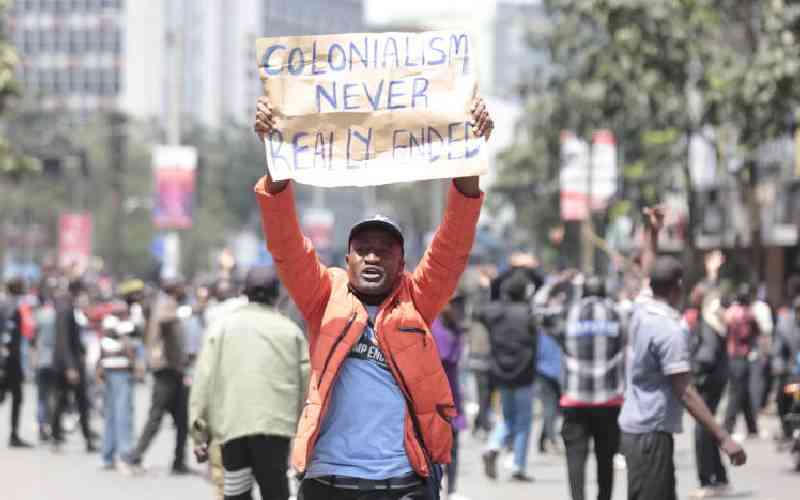×
The Standard e-Paper
Kenya’s Boldest Voice

Twenty years ago, Wangari Maathai was awarded the Nobel Peace Prize in recognition of her contribution to sustainable development, democracy and peace.
Prof Maathai played an active role in the struggle for democracy in Kenya, which is as relevant today as it is was two decades ago. Throughout Kenya, the streets are alive with voices echoing a collective demand for a more accountable, transparent, and responsive government.